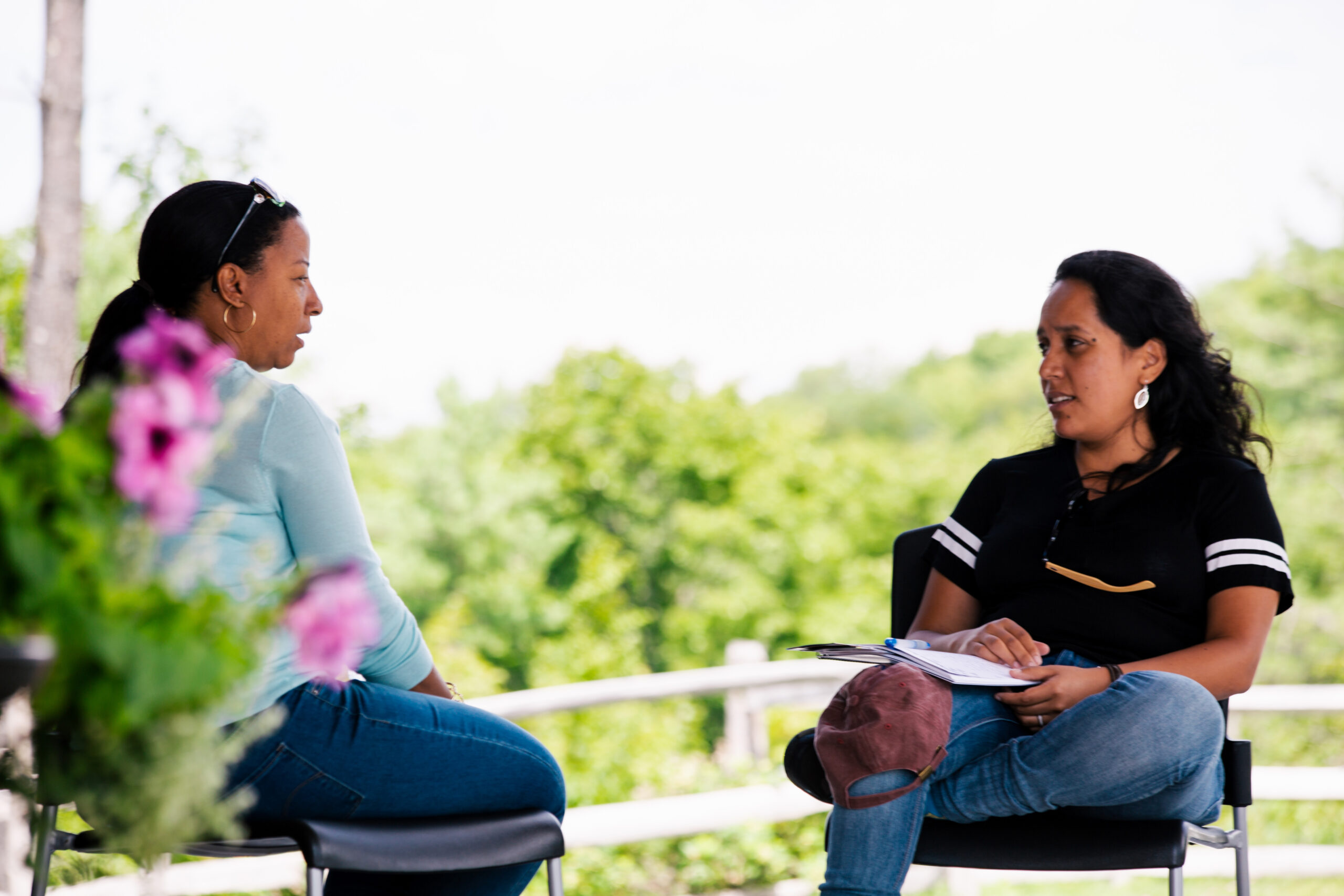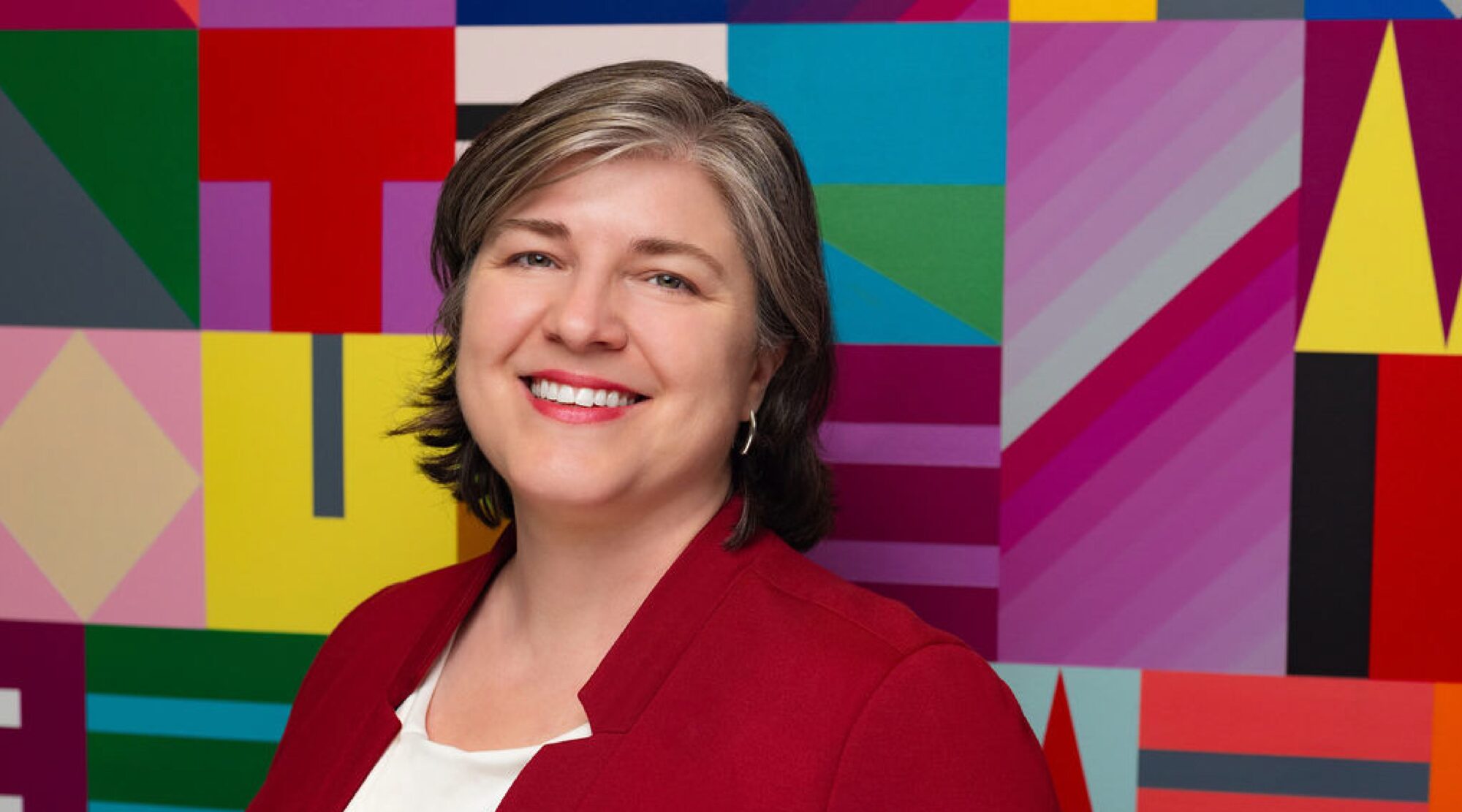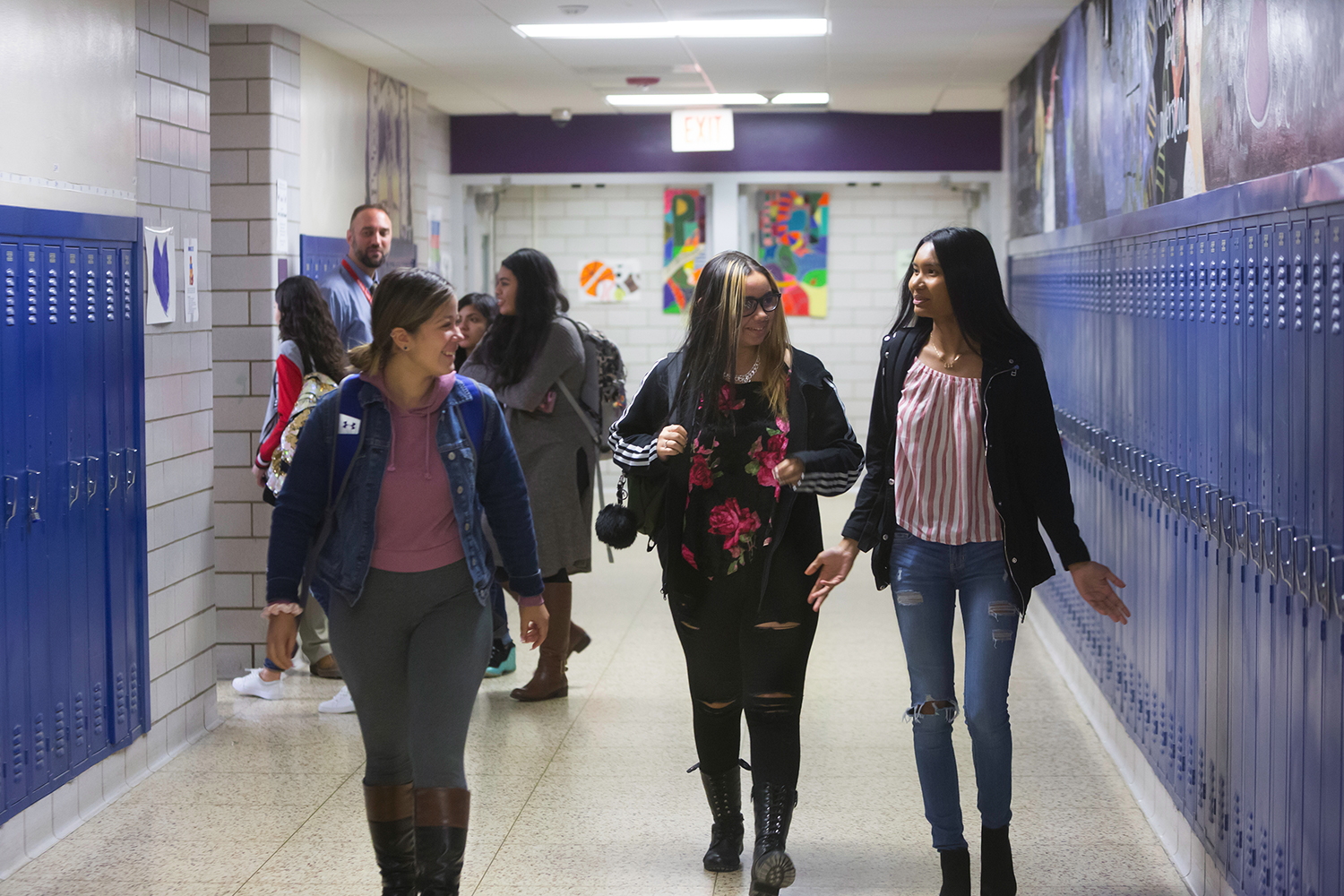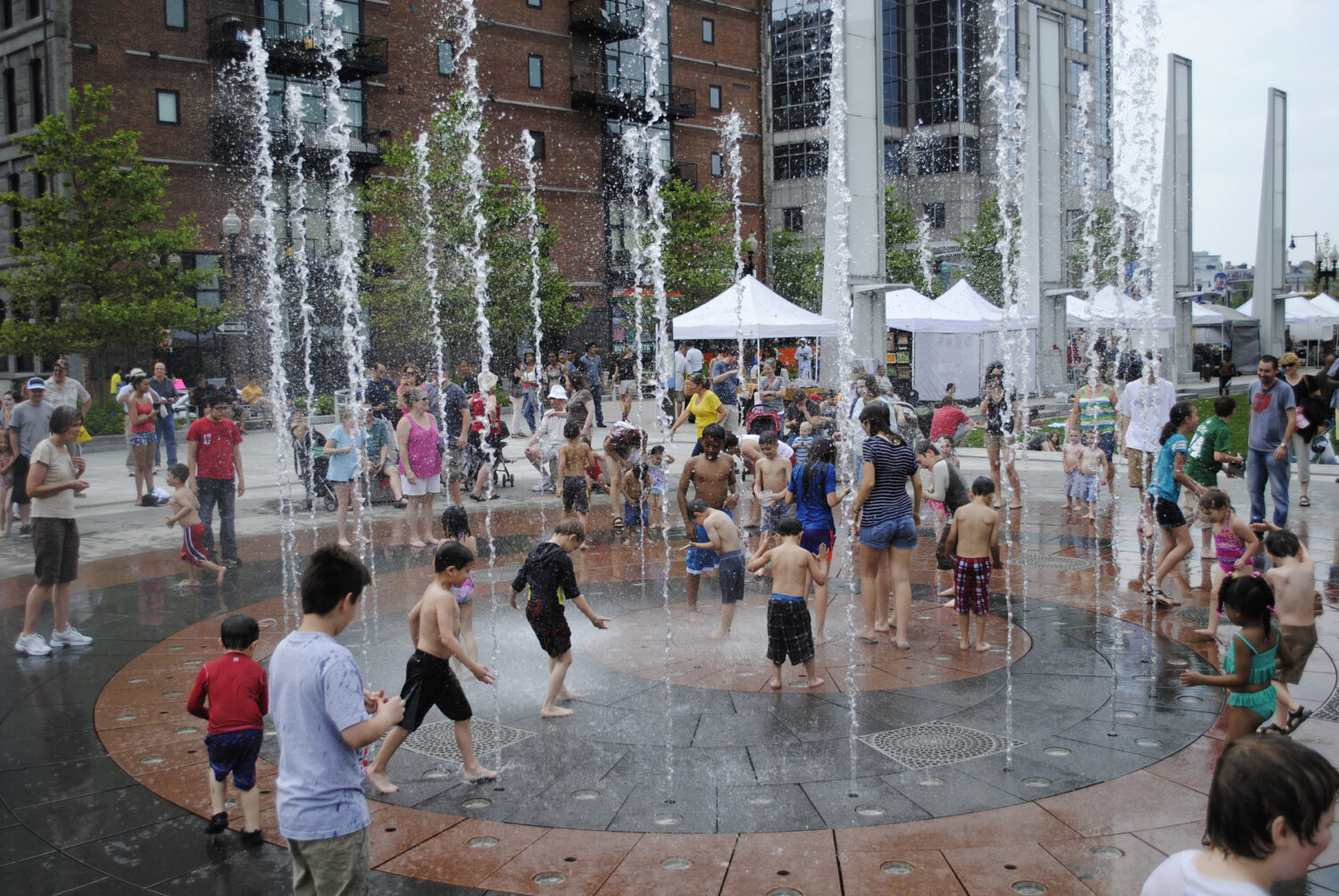As I approach the one-year mark in my role leading Barr’s efforts to build and improve learning and evaluation practices, I’m excited to share a few updates.
For us, learning is not limited to the work of our programs, but also includes feedback from our partners. Recently, we were fortunate to hear from grantees via our Grantee Perception Report survey which included feedback on our learning and evaluation practices. We reflected on the responses we received in relation to Barr’s values and examples of strong practice among our peers, and identified ways to improve:
- Make evaluations more collaborative and beneficial to our partners. We heard from our grantees that participating in evaluations funded by Barr hasn’t always felt useful or applicable to their work. We are adopting approaches to evaluation that prioritize grantee input and benefit. For example, in our Creative Commonwealth Initiative, we included grantees in the evaluation design phase. Based on their input, we modified and prioritized our evaluation questions and also incorporated flexible technical assistance to build their capacity for data and measurement. In our Engage New England evaluation, the evaluation is initially focused on sharing learning with grantees and to the partners supporting their work.
- Be clearer about how we measure outcomes. Our grantees want to know how Barr assesses their progress. In September, we published a grantee guide to outputs and outcomes, to clarify what we are looking for from grantees; and our program teams are clarifying progress measures for our strategies overall so that we can make that information more accessible to our grantees.
- Share what we learn. To quote a recent Open for Good report by Grantcraft, “Knowledge has the power to spark change, but only if it is shared.” To maximize Barr’s impact, we want to produce and share insights that are useful to practitioners, policymakers, and others beyond our grantees and partners. To this end, we are actively sharing information about evaluation work in progress, including questions we are exploring and timing of results we can share with the field; our Barr Fellows program evaluation is an example. We are also working to highlight and share research and reports from our partners via Barr’s new knowledge center. By sharing work in progress, as well as results and lessons learned, we hope to inform the practices of nonprofits and other funders, advance field knowledge, inform public policy, and elevate community expertise.
We remain focused on evaluation that is meaningful, actionable, and manageable. For more details, visit our new dedicated page, Impact & Learning, where we describe how learning and evaluation at Barr is designed to strengthen our grantees, improve practice and policy in the areas where we work, and maximize the impact of Barr’s resources over time. I welcome your feedback and look forward to sharing more about our progress as our learning and evaluation work evolves.




